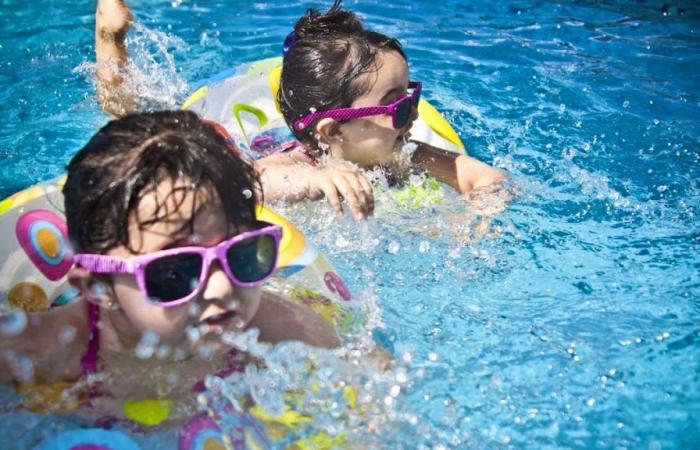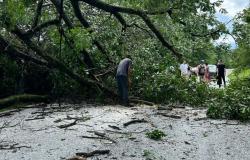As long as visitors do not follow the rules, the “chemical” problem of public swimming pools will not go away. In fact, some 275 samples taken from 95 swimming pools in Switzerland and Liechtenstein were analyzed for by-products resulting from water disinfection. In 47% of the establishments assessed, the Association of Cantonal Chemists of Switzerland (ACCS) detected an excess of the values set by the Confederation, the authorities announced this Monday. Note that the study targeted establishments that had already presented excesses, the aim being to verify whether the measures put in place were respected and to analyze their effectiveness.
It appears that, in 84% of the checks, measures had been taken. “However, this was not enough in 56% of establishments, the maximum value having been exceeded again,” estimates the ACCS. However, cantonal chemists concede that, due to the multiple pathways through which chlorates appear, it is very difficult to implement effective and sustainable measures.
Philippe Pohier, general secretary of the Association of French-speaking and Ticino swimming pools (APRT), comes to the same conclusion: “Even if we use the best technical means possible, certain excesses will be impossible to avoid. In the end, it all depends on the attendance and the behavior of the bathers.” This is because chlorine byproducts form in a reaction between the disinfectant and what pool patrons bring into the water with them.
The specialist cites in particular nitrogen, present in urine and sweat. “The typical example is the group of teenagers who play a game of volleyball in the sun and then dive into the water to cool off. All this sweating will cause unwanted substances,” continues Philippe Pohier. The latter emphasizes that this is precisely why it is forbidden, in swimming pools, to wear outer clothing or underwear, and that it is obligatory to shower.
Chlorine by-products, at low doses, are not very dangerous to health. On the other hand, for people weakened by a pre-existing illness or young children, they can cause breathing difficulties or ENT diseases, such as ear infections. And Philippe Pohier clarifies: “The values not to be exceeded in Switzerland are considerably lower than in the countries around us, in particular France and Italy.”






